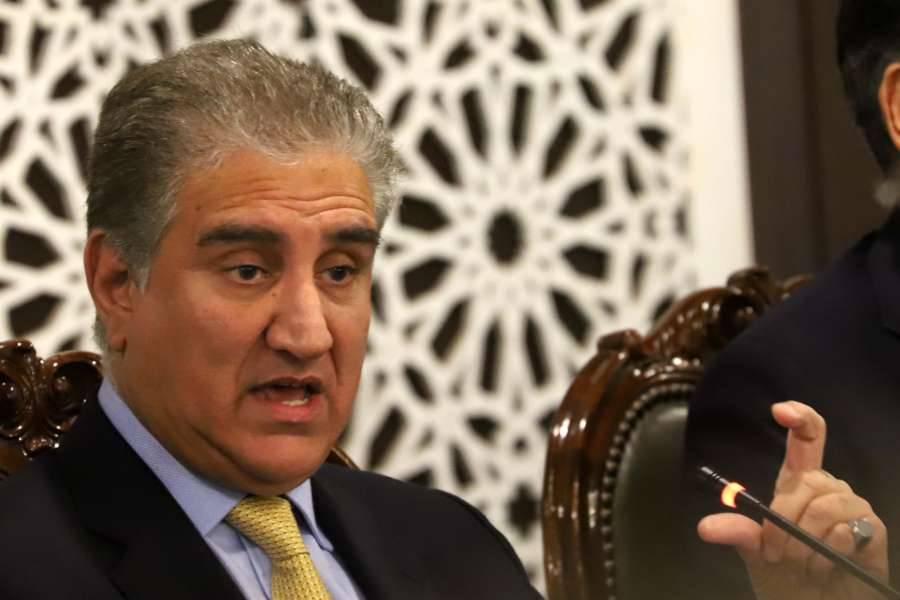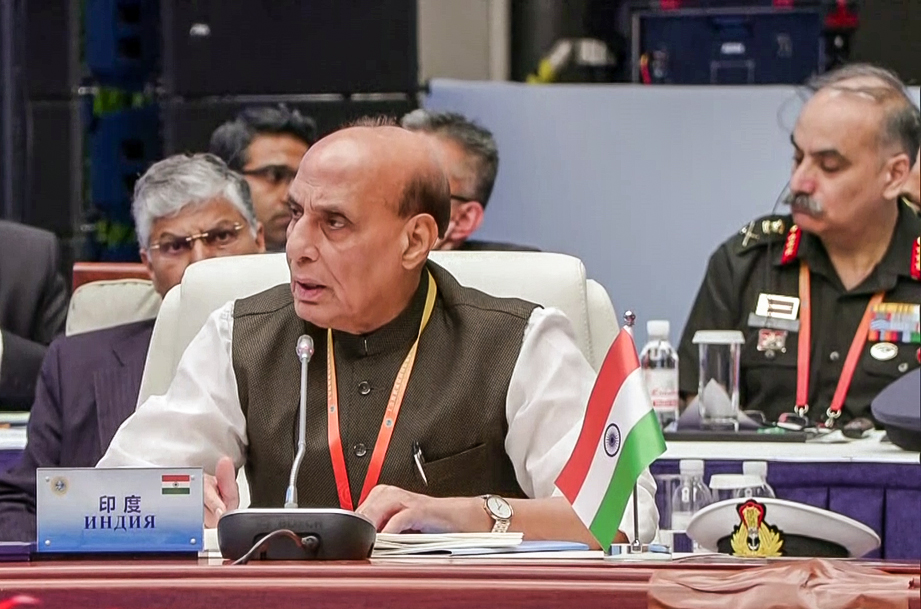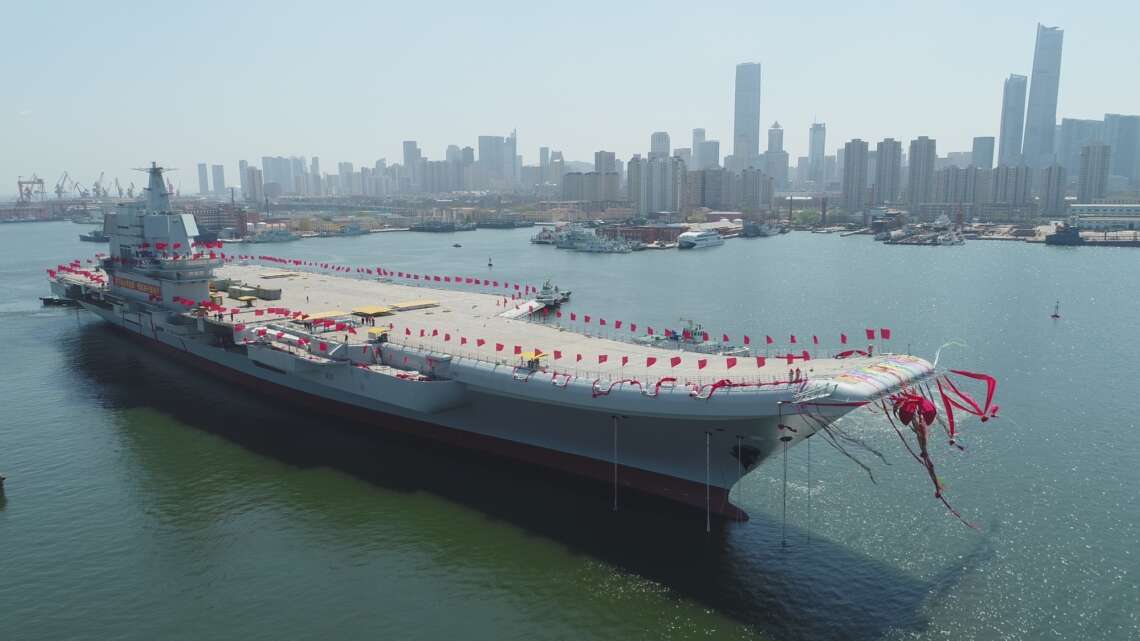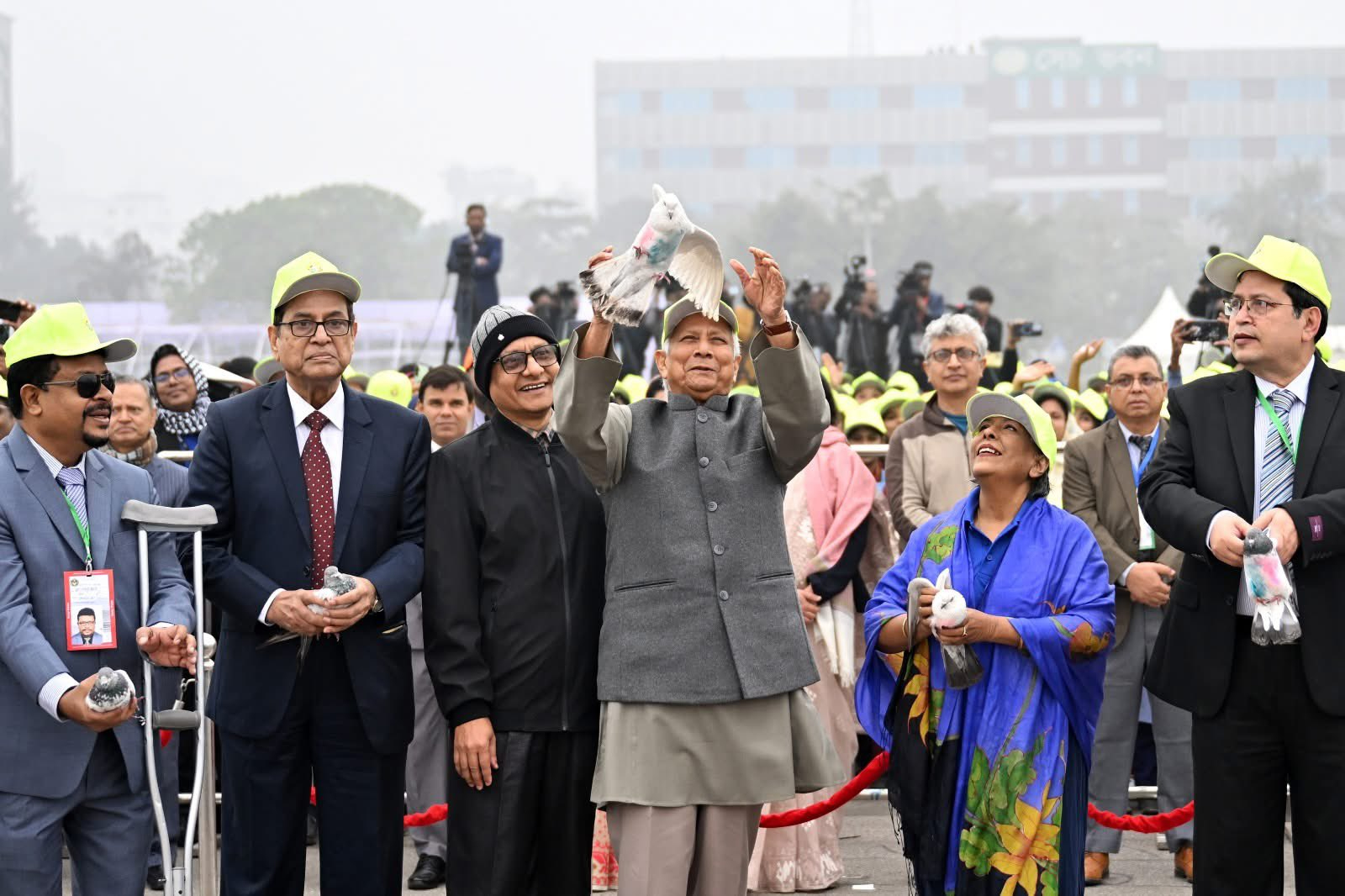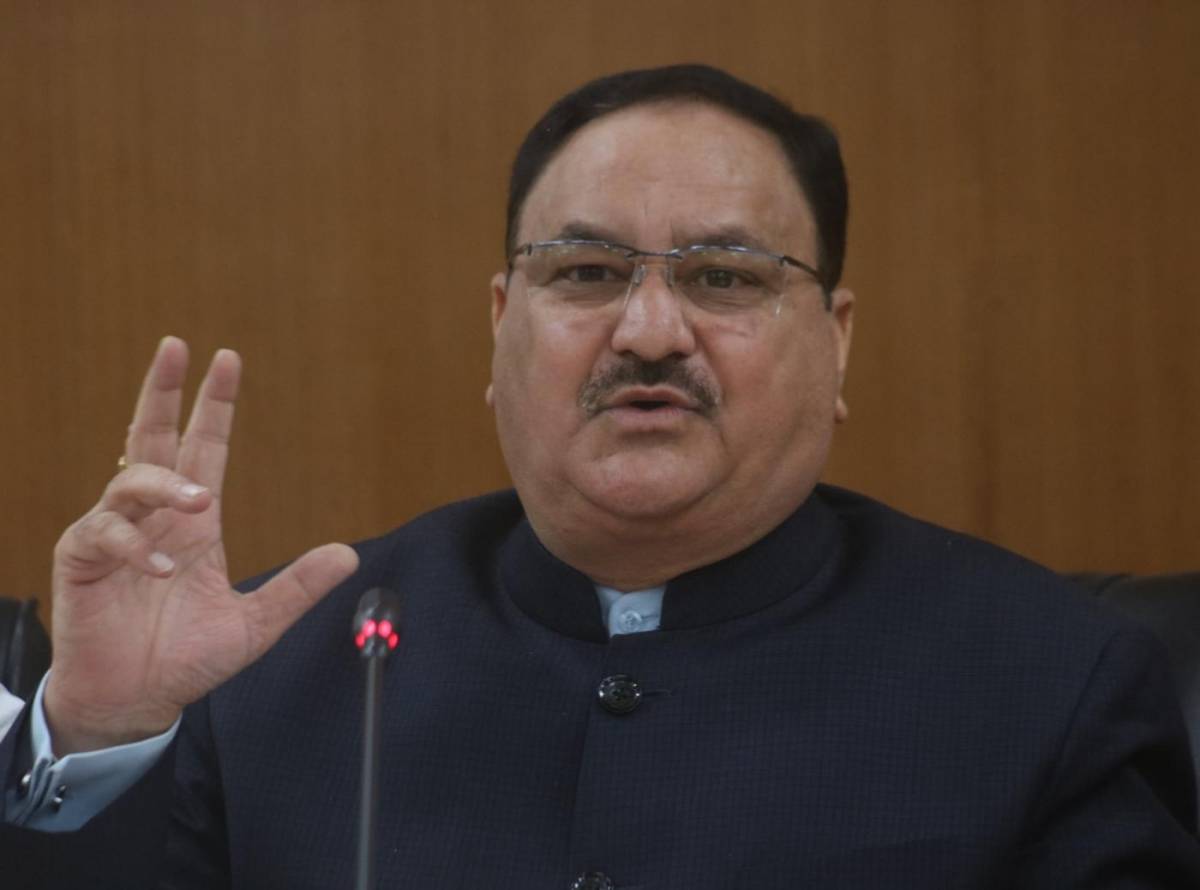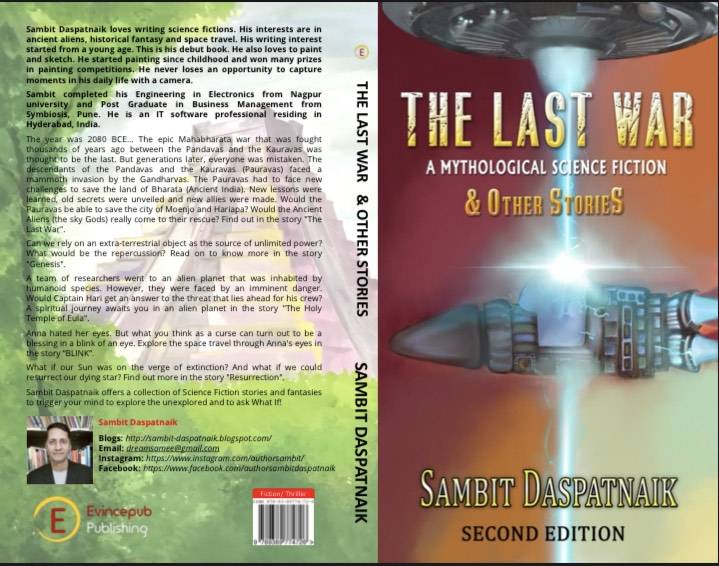The serial denials follow credible reports of Akhundzada residing in Karachi and Haqqani residing in the general Quetta area….reports Asian Lite News
Pakistani foreign Minister Shah Mahmood Qureshi has warned the Afghan government not to point fingers at Islamabad’s spy agency, the Inter-services intelligence agency (ISI), for funding and sheltering a resurgent Taliban, which appears to be planning a takeover of Kabul.
“Get of out that groove, please. Get out of that groove. Now, listen, if you remain stuck in this, believe me you will not be able to travel far. And we want you to travel far. We want reconciliation and peace,” fumed Pakistani Foreign minister Shah Mahmood Qureshi when he was confronted by the Afghan TV Channel Tolo News.
A defensive Qureshi vehemently denied that top leaders of Taliban have been living in Pakistan. He said he does not know the whereabouts of Taliban leader Hibatullah Akhundzada, Mullah Yaqoub or Sirajuddin Haqqani, adding the Afghan government should be asked.
The serial denials follow credible reports of Akhundzada residing in Karachi and Haqqani residing in the general Quetta area.
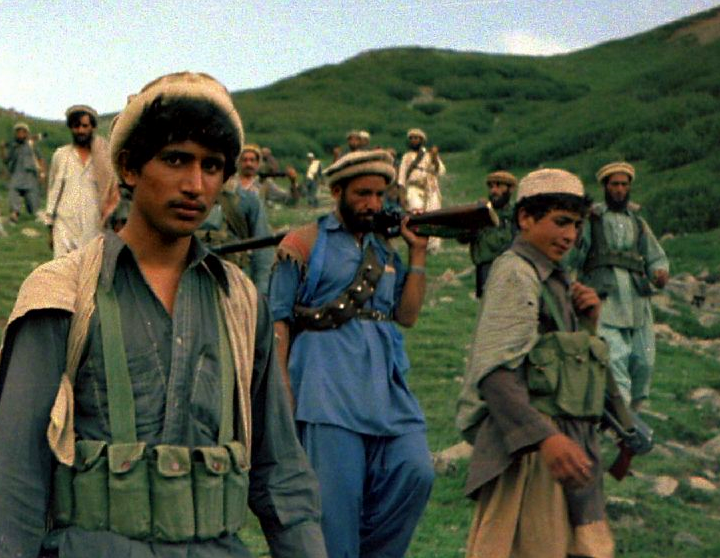
“They’re in Afghanistan. You need to engage with them. We’re only engaging with them to facilitate the peace process. We’re trying to be helpful. You know, many have started to recognizing that internationally, but there are some in Afghanistan who still have that mental blockage of accepting the fact that Pakistan is being genuine, is being constructive and is sincere because Pakistan feels it is Pakistan’s enlightened interest that there is peace and stability in Afghanistan. Why can’t people in Afghanistan understand that…” a visibly irritable Qureshi thundered.
“When things are not moving in the right direction, you’re looking for the scapegoats and the favourite scapegoat you have is Pakistan. When there’s failure within, you blame Pakistan for that. Pakistan is not responsible for the failure within. Pakistan is not responsible for the squabbling that is going on in Afghanistan. Pakistan is not responsible if the Afghan leadership cannot sit and work out a peace deal. We’re not responsible for that. It’s yours,” Qureshi riposted.
ALSO READ: Imran govt, Afghan NSA spar over Pak ties with Taliban
Observers point out that Qureshi’s spray denials do not pass the fact check test. Over the past two decades, the Pakistanis have denied that they were supporting, sponsoring, and sanctuary to the Taliban-their false narrative exposed in great detail by Pakistani and foreign journalists and authors such as Ahmed Rashid, who wrote to powerful books about the Rawalpindi-backed rise of the Taliban in Afghanistan, which made it a sanctuary for spurring Global Jihad.
Yet Qureshi insisted when confronted with a volley of questions, that there were “misperceptions about Pakistan’s role in Afghanistan.
“There were misperceptions and a lot of you know talk that Pakistan is just concentrating on a particular faction, particular school of thought.”
Nevertheless, Qureshi did backtrack a bit, when he said that there is a “change” in Pakistan’s approach towards Afghanistan. He stressed that Islamabad did not want a prolonged war in its neighbourhood. Instead, Pakistan, embarking upon grand plans of connectivity wanted to become a hub of Central Asian trade and transit, via the China-Pakistan Economic Corridor (CPEC).
Pakistan therefore wanted a ‘friendly’ government in Kabul, which offered Islamabad a better choice and who can be the better choice than Taliban to meet its goals.
But Pakistan’s bias in favour of the Taliban was also transparent when, instead of the Taliban, he held the Afghan government responsible for the recent spate of violence. In fact, he went on to say that pinning Taliban for the surge in bloodletting would be an “exaggeration”.
Qureshi’s narrative was immediately countered by Afghanistan’s national security adviser Hamdullah Mohib, and Pakistan’s Awami National Party leader and Pashtun rights activist Afrasiab Khattak.
“Why would the Taliban need another foreign minister when they already have one? Pakistan’s “neutrality” in Afghanistan was never credible but it has finally thrown away even that pretension. On its way to fully internalising the Afghan conflict, is Pak sure it can chew what it’s biting?” tweeted Khattak.
After the Tolo News encounter, the gap between Pakistan and Afghanistan’s government led by Ashraf Ghani seemed appeared to have widened even further. The bad blood between the two was even obvious earlier when Ghani said in an interview to German magazine Der Spiegel, alleged that Pakistan operates an organised system of support for the Taliban insurgents, who receive logistics and financial support from Islamabad, apart from carrying out recruitment for the extremist group.
(This content is being carried under an arrangement with indianarrative.com)
ALSO READ: Taliban say committed to Afghan peace talks


